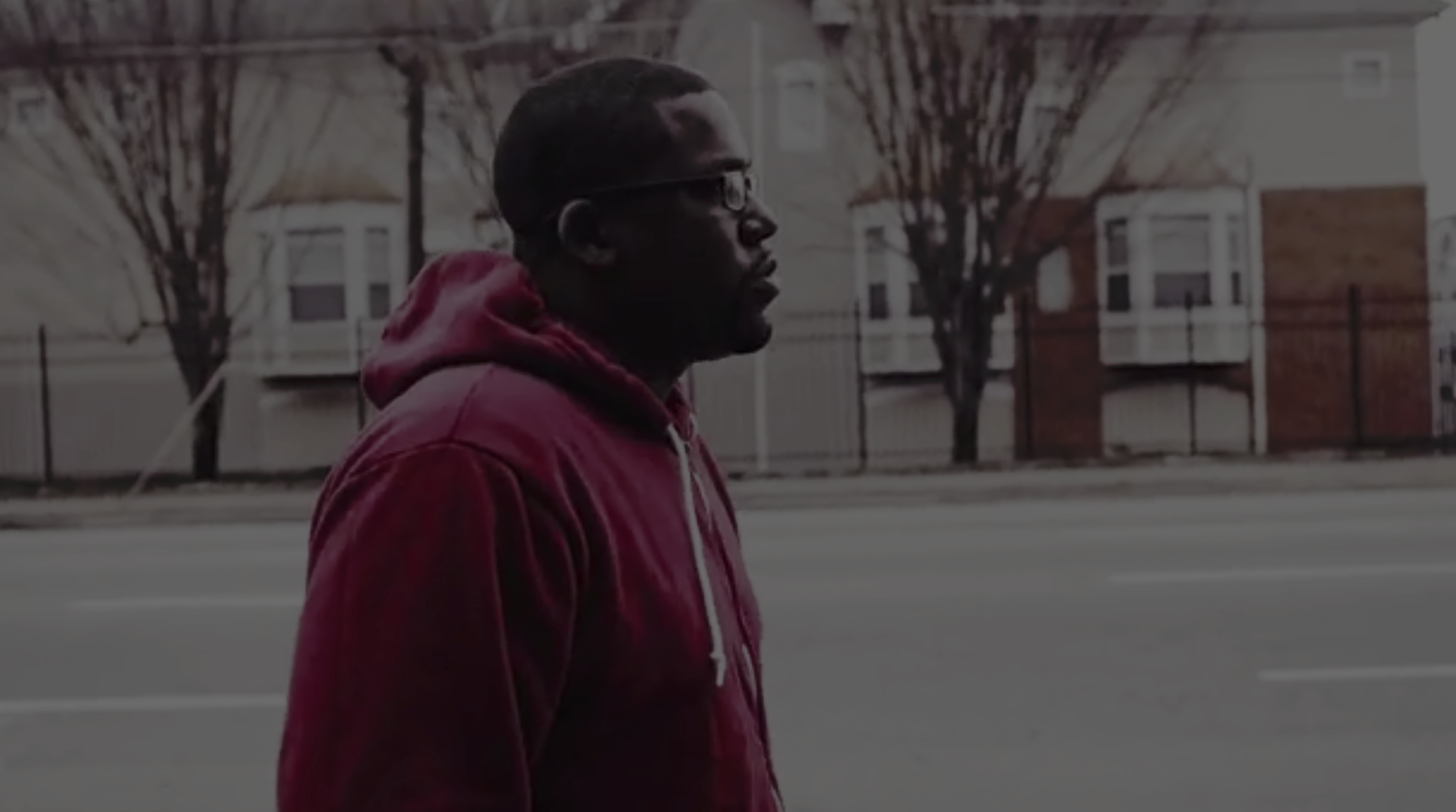
“I experienced acute homelessness when I was a kid and internalized a lot of what my family went through. I was involved in gangs, became a high school dropout, the whole nine. My life was nothing short of all the statistics facing African American men. I’ll never forget when I decided to stop going to school. I just didn’t care anymore because I had a lot of social pressures plaguing my life. I met this homeless guy and we engaged in a conversation. Five minutes in he says, “Man, you’re a leader. You’re probably going to be leading a lot of people one day.” Just random and out of the blue. I remember leaving that conversation thinking, ‘I’ve got to do something.’
So, I went back to school. At the time, I was living out of the trunk of my car because I had run away from home and was rebellious but I was determined to complete my education. I did that and went on to get four degrees. I overcame a lot of the statistical data surrounding African American men and got to a place where I wanted to use my intellect and education, my gifts and my talents, to serve those that have gone through the struggle. That’s personal to me because I understand it but I also understand that without social structures in place it is very hard to overcome statistics.
 When I first started Love Beyond Walls, I wanted to leverage the art of storytelling and technology to move people to get involved. Our focus was homelessness. How do we use technology and storytelling to educate people about the realities of the poor while also discovering and discerning those needs to create opportunities to serve?
When I first started Love Beyond Walls, I wanted to leverage the art of storytelling and technology to move people to get involved. Our focus was homelessness. How do we use technology and storytelling to educate people about the realities of the poor while also discovering and discerning those needs to create opportunities to serve?
I remember meeting this lady who gave our organization a $5 donation. She saw what we were doing and said, “I just got evicted from my home and I only have 50 dollars left. I put $45 in the tank and I just gave my last $5 to your organization. I took her story and posted it anonymously. Within an hour or so had five people wanting to give her an interview and two other people wanting to stop her eviction. You’re talking about within the timeframe of 2-3 hours, her eviction was stopped and she had three job interviews which she just cycled off three years later.
When you think about the power of telling those stories but doing it in a way that is humanizing, it gives people the opportunity to understand that you can be resourceful. You just have to figure out how you can use the resources present in your life to make connections for people. We started with that concept and it’s morphed into a social advocacy nonprofit. The reason why I use those terms is because that’s what we do. We advocate for people who don’t have a voice. We plead the case for those people who have voices that are silenced and use that as a way for people to get involved.
Right now, we’re working on a documentary called Voiceless. We want to use this film to look deeper into the lives of those who are plagued with homelessness and poverty across the country. Poverty is systemic but it also affects all people. It doesn’t matter what you look like and it’s an issue that people stereotype or generalize. You have to deconstruct the myths that have been portrayed by media and imagery. When you really think about the working poor, they are some of the hardest workers, it’s just that they don’t make enough money.
I’ll never forget re-entering the homeless community as I was constructing our mission. I wanted to take off my shoes and walk for those who were being excluded. I had more articulation and education where I could truly understand and advocate on their behalf. All I had was my cellphone for safety and I remember doing it around December of 2013. I was immediately accepted into the community. I didn’t have a tent, so the homeless community rallied together and got me a tent. I didn’t have blankets, so they rallied together and got me blankets. I remember one night it was raining and it dropped down to 19 degrees. I was in my tent shivering, my feet were wet, and my toes felt like popsicles. I got out of the tent at 3:00 in the morning and my homeless friend Tony went into his tent and gave me his last pair of donated socks just so I could make it through the night.
When you think about the heart of people who are actually experiencing homelessness or poverty, some of them are the most generous people in the world. It’s important for people to notice them. Noticing people is part of giving dignity. It’s part of saying you’re worth something. You matter. No matter what condition you are in, you are deserving of love.”
This story was told by Terence Lester, the Founder of Love Beyond Walls, during an interview with Gather Good. If you have resources you’d like to share with Love Beyond Walls, you can volunteer, give, and/or find other ways to engage with LBW.
All media and photos are property of Love Beyond Walls.

